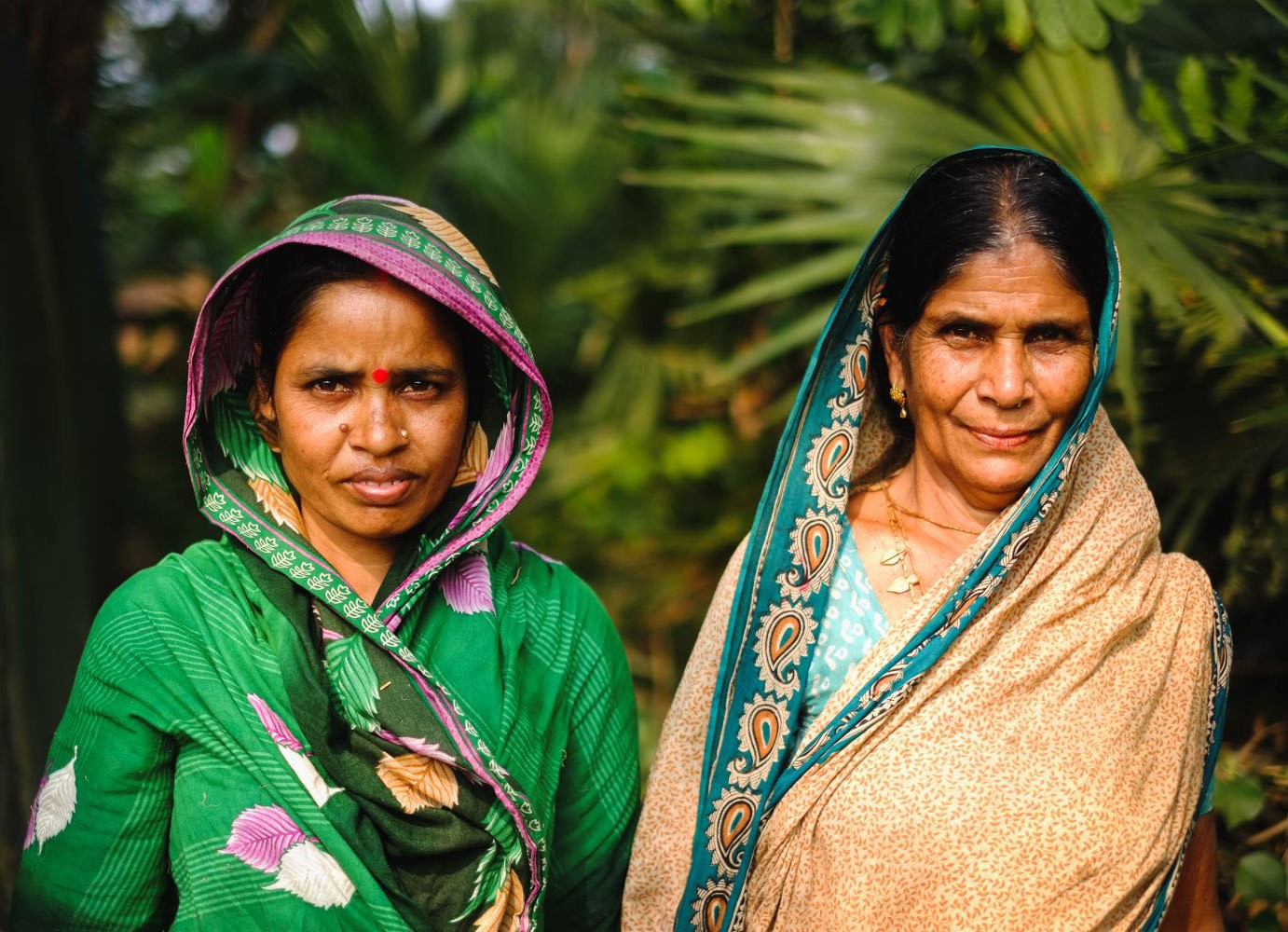The Copenhagen Consensus Project recently asked a group of 24 UN ambassadors and other diplomats to prioritize a list of 40 global development interventions. The US was there. Their interesting report places heath and sanitation on top, with education and hunger somewhat lower. Trade, financial, and environmental policies received lowest priority, due in part to political infeasibility. Bismarck said that politics is the art of the possible; development is largely a political, not a technical problem, and the Copenhagen Consensus group understands that. This approach, which focuses on what is possible in this world instead of what would be possible in an ideal world, is a refreshing alternative to the Millennium Development Goals or MDGs.Most African countries will miss most of the MDGs. This is not because African governments and international donors are doing nothing good in Africa. Instead, it is primarily because the goals were set without regard to country context, and are thus impossible ( See: What’s Wrong with the Millennium Development Goals?) for many countries to meet. Indiscriminate utopian goals of the past, such as the UN goals for universal primary schooling by 1980 or the UN goal for gender parity in education by 1995, have been abandoned roughly 6 to 8 years before the due date as people come to grips with the reality that change in the developing world is slow and complex. Based on this historical evidence, I guessed in a working paper two years ago that sometime before 2009 the MDGs will be mostly abandoned in favor of some new set of goals.What form should new goals take? First, and crucially, they must be country-specific. (see The Trouble with the MDGs: Confronting Expectations of Aid and Development Success) Any meaningful schooling goal for Senegal must take into account where Senegal is today and how rapid its progress has been relative to historical norms. Instead of giant leaps, what about 20% above Senegal’s historical rate of increase? That would be a great accomplishment. Second, they must be prioritized. The MDGs want everything at once, and so do I, but I also know that that’s a recipe for idle platitudes. This latest Copenhagen Consensus exercise is a great step towards feasible priorities. Perhaps those at the meeting felt the need for such a prioritization because they sense--like most development insiders I know--the looming impossibility of the MDGs.It is dead wrong, by the way, to suggest that the MDGs are global goals that don’t apply to individual countries. This is tempting for MDG supporters because they could then declare success based on global averages boosted by attainments in China and India. But universal primary schooling globally requires universal primary schooling in every country, period. And the UN Millennium Project says that its Investing in Development report is “an operational framework that will allow even the poorest countries to achieve the Millennium Development Goals by 2015.” That sentence would be nonsensical if the UN considered these goals to be global.
CGD blog posts reflect the views of the authors, drawing on prior research and experience in their areas of expertise.
CGD is a nonpartisan, independent organization and does not take institutional positions.





